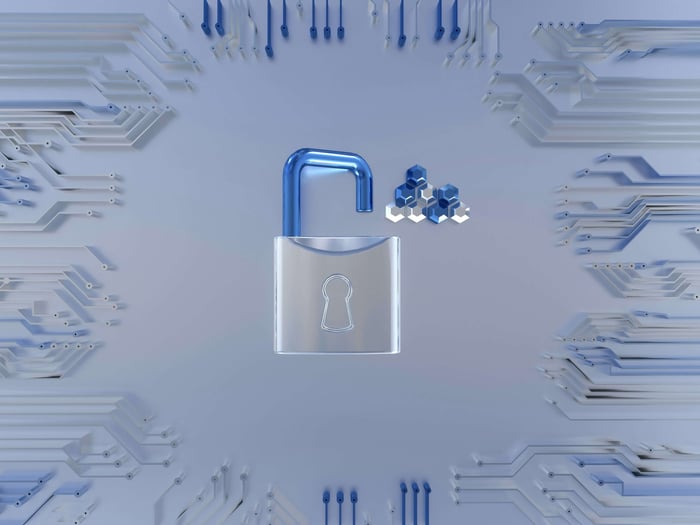
10 Digital Privacy Truths and Hidden Risks About Free Apps
Table of Contents
10 Truths About Free Apps and Hidden Risks That Threaten Your Digital Privacy
At Digital Majority, we proudly provide free information about Digital Privacy without any strings attached while also embracing capitalism through valuable transactions. Our mission is to demonstrate a model for 21st-century personal freedom and sovereignty. We build a community that recognizes and respects each member's contributions, engaging in fair exchanges of skills or monetary support.
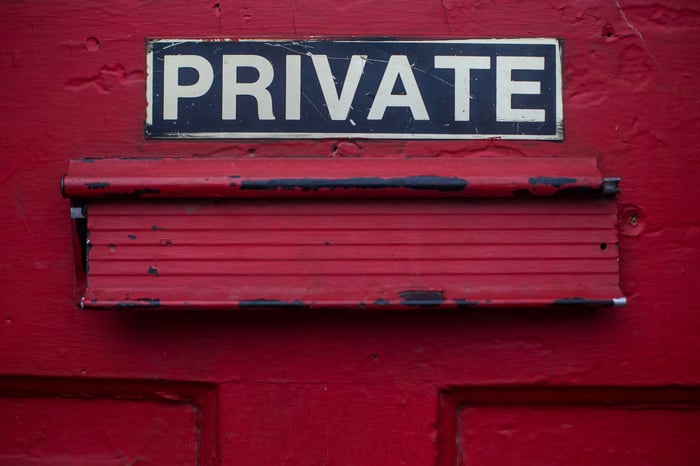
Five Vulnerabilities You Never Thought About
When you think about threats to your digital privacy, you likely envision large-scale hacks or sophisticated spyware. But some of the most invasive risks come from everyday tools and conveniences you use without a second thought. These hidden vulnerabilities gather unseen data, chip away at your autonomy, and compromise your privacy. Let's uncover the overlooked risks you face.
(1) Metadata in Photos and Files
Every time you share a photo or file, you're likely revealing more than intended. Metadata, or data about data, comes embedded in these files. Think about geotags in photos or timestamps in documents. They silently communicate your location, the device used, or even the date and time a file was created. This may seem innocuous, but in the wrong hands, this information is a treasure trove for cybercriminals or anyone who wants to track your activities.
What’s more, overshared metadata compromises your privacy even in professional or business settings. To mitigate the risk, remove metadata before sharing files. Tools like photo editors or metadata scrubbing software are simple solutions that let you sustain your privacy.
(2) Your Public DNS Tracks You
Whenever you browse the internet, your computer consults a Domain Name System (DNS) to find the websites you want to visit. While public DNS services might seem fast or “free,” many log your browsing activity for monetization or analysis. Think of this as someone tracking every turn you take on the highway—only here, it's your online journey under scrutiny.
Protecting yourself doesn't mean sacrificing accessibility. Use a trusted, privacy-focused DNS provider like Cloudflare DNS or set up your own encrypted DNS resolver. This simple tweak reinforces your right to secure your autonomy online.
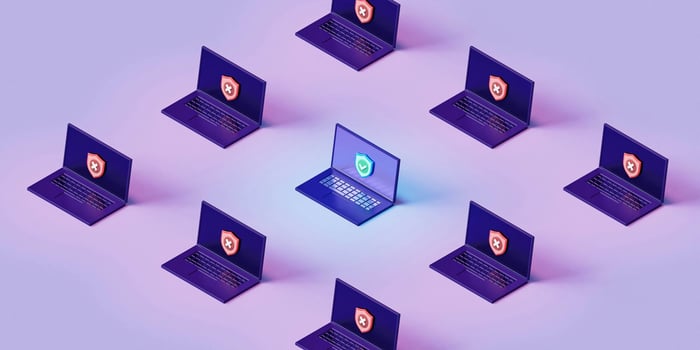
(3) Smart Home Devices Collect Too Much Data
The convenience of smart home devices—like thermostats, speakers, or lights—comes at a cost. These devices often over-collect data, from your voice commands to your daily routines. Ever noticed how your devices seem to know you're home before you've even keyed in? That’s because they rely on patterns and habits stored in the cloud, exposing unnecessary, highly personal details.
To limit exposure, thoroughly vet devices before purchasing. Adjust settings for minimal data collection and disable unnecessary features. You can rely on offline alternatives wherever possible to ensure control over your digital environment.
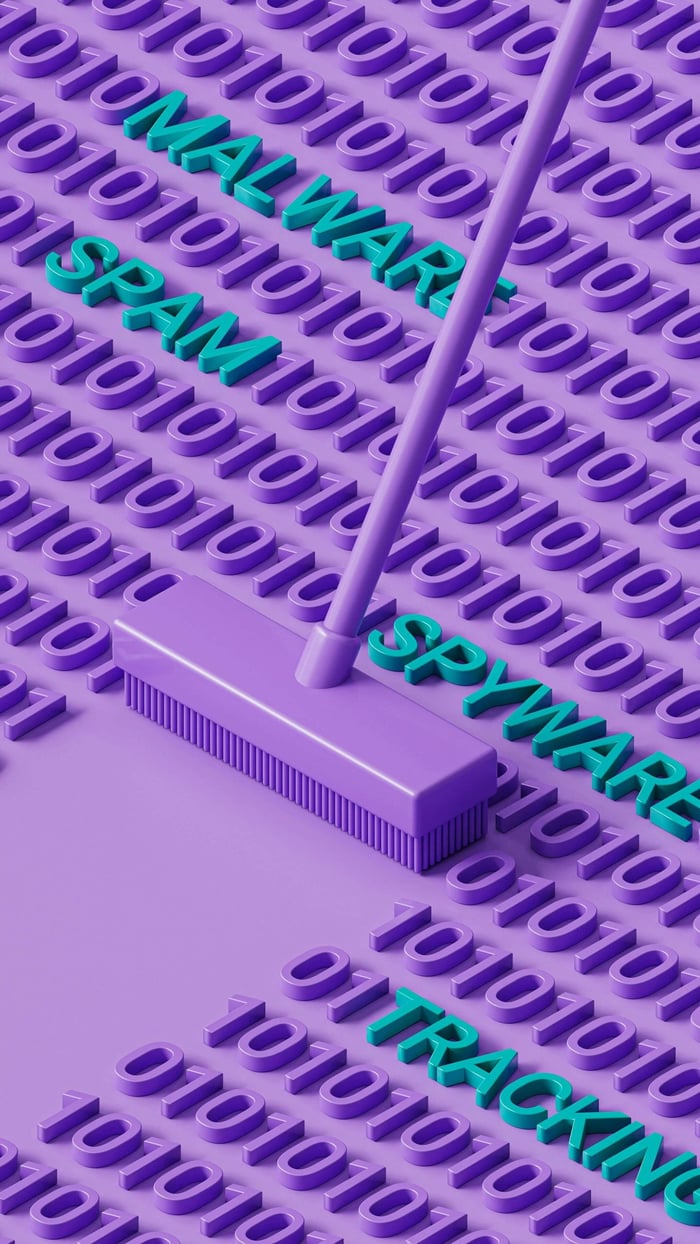
(4) Free Browser Extensions Aren’t Free
Browser extensions that promise utility or fun for free might be quietly draining more than your trust. Many of these plugins come riddled with spyware, trackers, or vulnerabilities, putting browsers—and your data—at risk. “Free” extensions often serve as pipelines for data mining operations, allowing third parties access to your private online behaviors.
The next time you’re tempted to install one, ask yourself—do I need this feature? Only download from credible developers, and keep the number of installed extensions to a minimum. Consider the risks versus benefits carefully to truly exert your authority online.
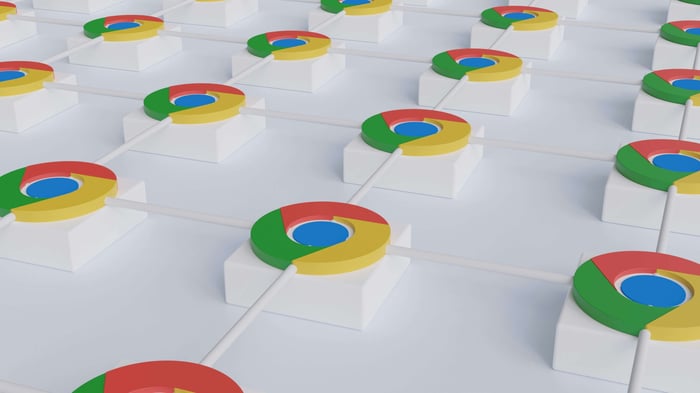
(5) Free Wi-Fi Comes at a Price
Picture this: You’re at a coffee shop, logging into free Wi-Fi. It seems harmless, right? Unfortunately, open networks are playgrounds for hackers who can intercept your data through “man-in-the-middle” attacks or rogue hotspots. Even legitimate public Wi-Fi services can log your activity and sell that information to advertisers.
To stay safe, always use a VPN (Virtual Private Network) when connecting to public networks. Alternatively, consider mobile hotspots that you control. Never underestimate the risks associated with something marketed as “free.”
For more insights on safeguarding your privacy, check out Free Smartphone Apps Can Have Hidden Privacy Risks.
Now that we've discussed the hidden risks of personal privacy, let's move on to a topic that is sure to spark controversy even among the staunchest privacy advocates.
FREE STUFFAfter all, how do you compete with something that costs nothing? Why would anyone, especially our audience of logical thinkers who value monetary worth and the marginal return of utilities, believe that this is the best of both worlds? You get free items, and companies offer them to you out of the kindness of their hearts. It seems you're in luck!These overlooked risks remind us that digital conveniences often come at a cost. Understanding these digital privacy vulnerabilities empowers us to claim our agency and secure our autonomy in both our digital and physical spaces.
Five Myths About Free Services
Free services, especially apps, seem like a convenient and cost-saving solution, but are they truly free? Often, you might find you're paying with your privacy, data, or even security. Let’s clear up some common myths that perpetuate the illusion of “free.”
(1) Free Apps Are Just as Good as Paid Ones
It’s tempting to download free apps that mimic the functionality of paid ones. However, there’s a trade-off. Free apps often collect data aggressively to monetize their service. Some even integrate insecure features or ad trackers that compromise your device. Paid apps, conversely, are more likely to prioritize data protection and customer satisfaction because they’re funded directly by users.
When you opt for free, remember the old adage: "If you’re not paying for the product, you are the product." Free apps often monetize users through invasive ads or selling personal information. Protecting your digital privacy starts with prioritizing security over convenience.
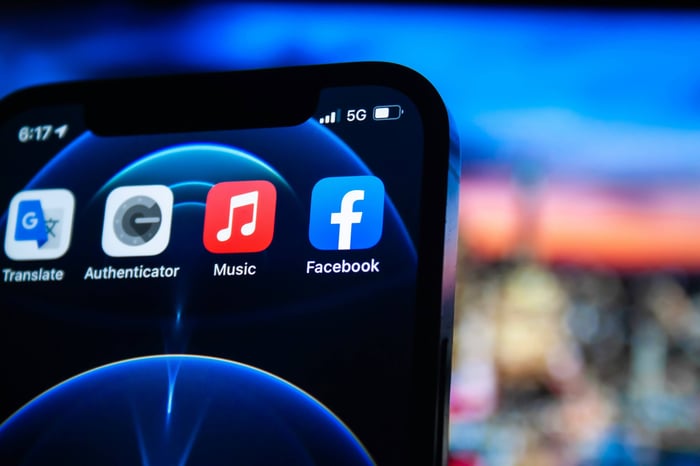
(2) I Can Browse Privately for Free
Many believe incognito or private browsing eliminates all tracking, but this is far from the truth. Private browsing merely hides your activity locally—it doesn't stop ISPs (Internet Service Providers), advertisers, or websites from tracking you. Your IP address and behavior are still logged, offering little real privacy.
If free options promise complete anonymity, think twice. Reliable private browsing or data privacy security measure often requires investments like VPNs (Virtual Private Networks) or premium privacy tools. Not sure how incognito differs from secure browsing? This article busts some tracking myths related to free apps.
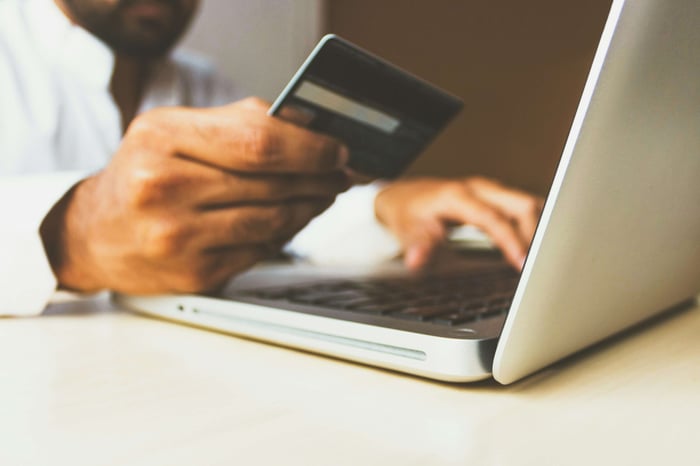
(3) Cloud Storage Is Secure, Even If It’s Free
Relying on free cloud storage might seem like a hassle-free way to store data, but there's a catch. Free plans rarely offer end-to-end encryption or robust security protocols. This leaves your files susceptible to breaches or unauthorized access. Worse yet, some providers might even scan your files for targeted advertising purposes.
If you're trusting free cloud services for sensitive data, you're rolling the dice. Paid versions often include layered protections that allow you to secure your autonomy and privacy while safeguarding what matters.
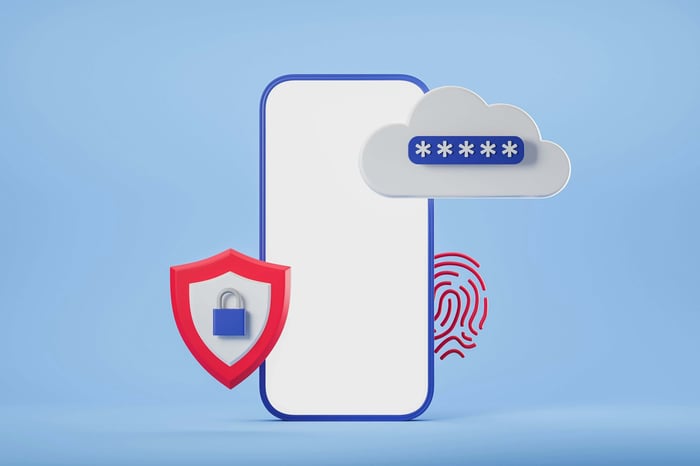
(4) Free Backups Are Good Enough
Relying on free backup solutions can feel like a safety net, but these often come with strings attached. Limited storage capacity, slow speeds, and expiration timelines are just some downsides. In many cases, free backup services fail you precisely when you need them most—they aren't built for reliability or longevity.
Paid backup systems, however, are optimized with advanced features like automatic updates and fail-safes. When it involves securing critical data, it’s worth reflecting: Is “good enough” really acceptable?
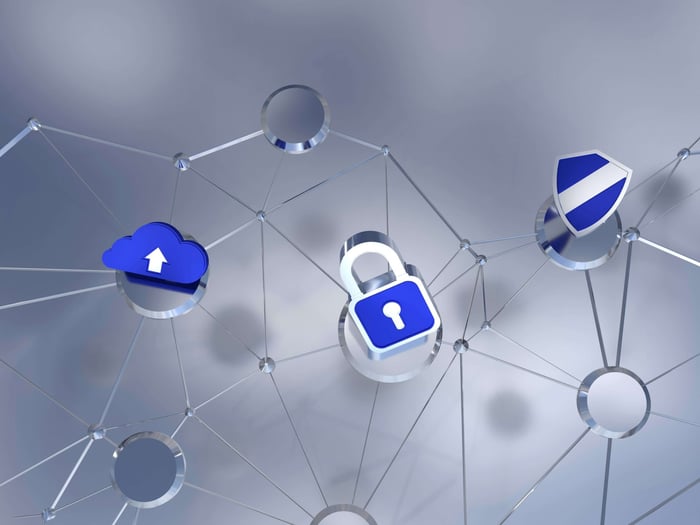
(5) I’m Too Small to Be Targeted
If you think you're safe because you’re just one person or run a small operation, think again. Cybercriminals often target vulnerabilities, not individuals. Automated bots scan for weaknesses indiscriminately, looking for easy entry points—whether it’s unused social media accounts, unsecured apps, or forgotten passwords.
Even if you believe you’re too insignificant to warrant attention, your data isn’t. Hackers value everything from email accounts to location details. Take proactive measures and guard your digital environment to reclaim your authority effectively. You can also check further myths debunked here.
Knowing these myths is the first step toward protecting your digital privacy and freedom. With every free service or app you use, remember what you could be giving away.

Conclusion
Free apps and services rarely value your privacy or autonomy. They often come with hidden costs in the form of personal data exploitation, reduced security, or loss of control. By understanding the risks and myths, you equip yourself to make informed choices.
Take control of your digital freedom by valuing tools and practices that prioritize security and transparency. Small steps, like using privacy-focused alternatives or limiting access to your metadata, can preserve your digital privacy.
Every choice defines your digital identity. Always consider the trade-off before exchanging convenience for freedom. Start reclaiming your digital agency today.